
Tiberias: The Gem of the Sea of Galilee
Nestled along the western shore of the Sea of Galilee, Tiberias is a captivating blend of history, natural beauty, and modern comforts. This city, founded by Herod Antipas in the 1st century CE, has long been a significant spot for Jewish culture and pilgrimage. Today, it seamlessly mixes ancient ruins with vibrant marketplaces and luxurious resorts. Visitors can explore the ancient city walls and Roman hot springs, which have been cherished for their healing properties for thousands of years. The promenade along the Sea of Galilee offers stunning views and a variety of dining options where you can enjoy fresh fish and local cuisine. The city's religious heritage is also profound, with sites such as the Tomb of Maimonides and the Church of St. Peter drawing in visitors from around the world. Tiberias is also a gateway to the natural wonders of Northern Israel. Just a short drive away, you can find lush parks, hiking trails, and scenic spots perfect for a day of exploration. Whether you're soaking in the hot springs, taking a boat ride on the Sea of Galilee, or wandering through bustling markets, Tiberias promises a rich and varied experience for every traveler.
Local tips in Tiberias
- Visit the hot springs early in the morning to avoid crowds and enjoy a peaceful soak.
- Try the local St. Peter's fish at one of the seaside restaurants for an authentic taste of Tiberias.
- Take a boat ride on the Sea of Galilee at sunset for breathtaking views and photo opportunities.
- Wear comfortable walking shoes, as the cobblestone streets and ancient sites can be uneven.
- Check the local calendar for festivals and events, as Tiberias hosts various cultural celebrations throughout the year.
Tiberias: The Gem of the Sea of Galilee
Nestled along the western shore of the Sea of Galilee, Tiberias is a captivating blend of history, natural beauty, and modern comforts. This city, founded by Herod Antipas in the 1st century CE, has long been a significant spot for Jewish culture and pilgrimage. Today, it seamlessly mixes ancient ruins with vibrant marketplaces and luxurious resorts. Visitors can explore the ancient city walls and Roman hot springs, which have been cherished for their healing properties for thousands of years. The promenade along the Sea of Galilee offers stunning views and a variety of dining options where you can enjoy fresh fish and local cuisine. The city's religious heritage is also profound, with sites such as the Tomb of Maimonides and the Church of St. Peter drawing in visitors from around the world. Tiberias is also a gateway to the natural wonders of Northern Israel. Just a short drive away, you can find lush parks, hiking trails, and scenic spots perfect for a day of exploration. Whether you're soaking in the hot springs, taking a boat ride on the Sea of Galilee, or wandering through bustling markets, Tiberias promises a rich and varied experience for every traveler.
When is the best time to go to Tiberias?
Iconic landmarks you can’t miss
Tomb of Rabbi Meir
Discover the Tomb of Rabbi Meir in Tiberias, a spiritual haven rich in history, where prayer and reflection meet stunning landscapes.
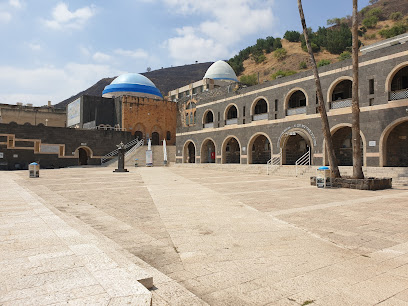
Caesar Premier Tiberias
Experience luxury at Caesar Premier Tiberias, where stunning views of the Sea of Galilee meet modern comfort and rich local culture.

The Church of the Beatitudes
Discover tranquility and spiritual reflection at The Church of the Beatitudes, a stunning sanctuary overlooking the Sea of Galilee.
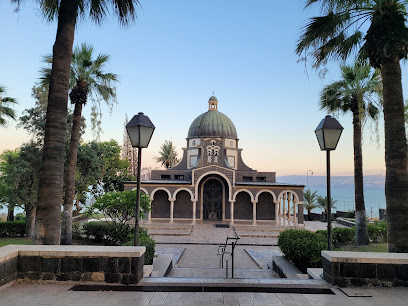
Hamat Tiberias National Park
Immerse yourself in the natural beauty and rich history of Hamat Tiberias National Park, a perfect retreat on the shores of the Sea of Galilee.
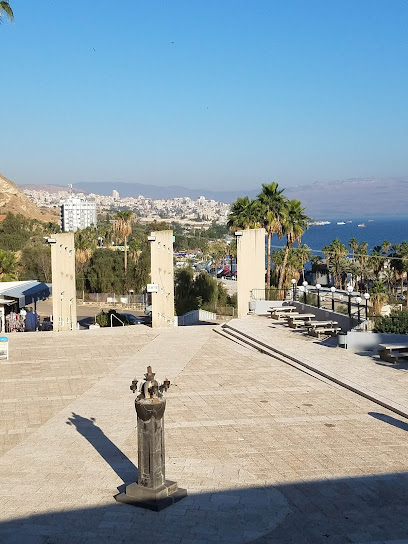
Aqua Kef
Experience the ultimate water adventure at Aqua Kef, the premier water park in Tiberias, where fun and relaxation meet in a stunning natural setting.
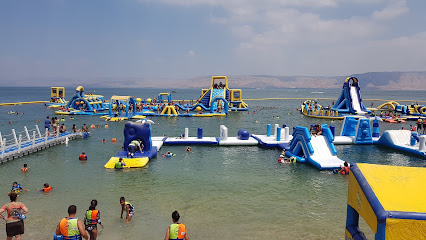
The Tomb Site of the Rambam
Experience the tranquility and spiritual richness of The Tomb Site of the Rambam, a revered pilgrimage destination in Tiberias, Israel.
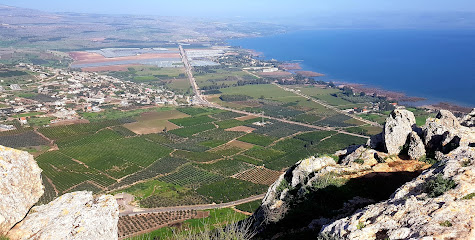
Leonardo Plaza Hotel Tiberias
Discover luxury and unparalleled comfort at Leonardo Plaza Hotel Tiberias, your gateway to the breathtaking landscapes of the Sea of Galilee.
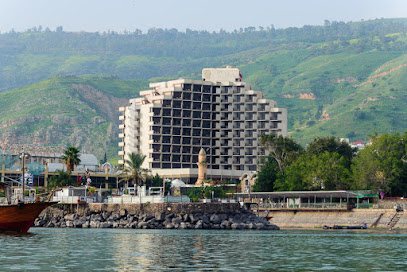
Gai Beach Water Park
Experience a day of thrilling water adventures and family fun at Gai Beach Water Park, the ultimate summer destination on the shores of the Sea of Galilee.
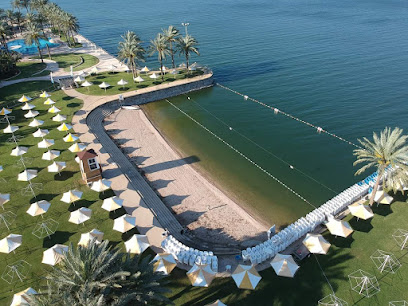
King Solomon Tiberias Hotel - מלון המלך שלמה טבריה
Discover comfort and charm at King Solomon Tiberias Hotel, your gateway to the stunning landscapes and rich history of Tiberias and the Sea of Galilee.
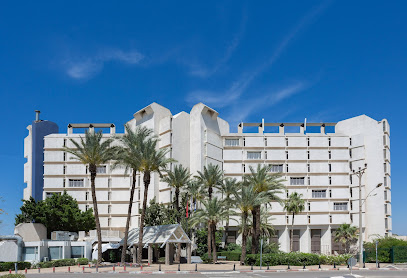
Domus Galilaeae
Explore the serene spiritual retreat of Domus Galilaeae in Chorazim, a unique blend of architecture, history, and tranquil beauty.
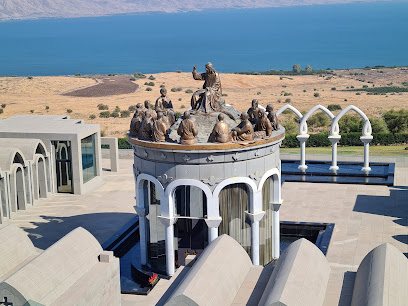
Kursi National Park
Explore Kursi National Park, a stunning natural reserve with rich historical roots on the shores of the Sea of Galilee, perfect for nature lovers and history enthusiasts.
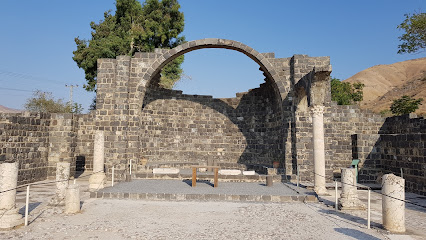
The Galilee Boat
Explore the Galilee Boat Museum in Ginosar and uncover the ancient maritime heritage of the Sea of Galilee with a captivating 2000-year-old vessel.
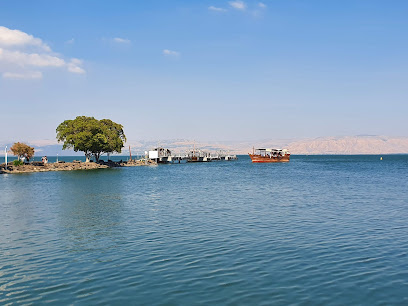
Hotel Casa Dona Gracia
Discover the serene beauty of Tiberias at Hotel Casa Dona Gracia, your perfect tranquil retreat by the Sea of Galilee with modern comforts.

Berko Archeological Park
Explore Berko Archaeological Park in Tiberias, where ancient history comes alive through stunning ruins and captivating artifacts.
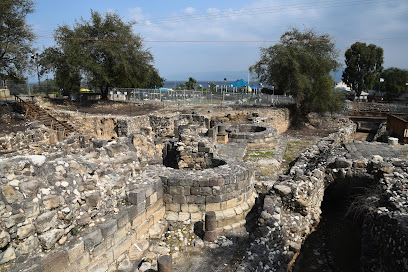
Tiberias Hot Springs
Discover the therapeutic wonders of Tiberias Hot Springs, where natural beauty meets relaxation by the Sea of Galilee.
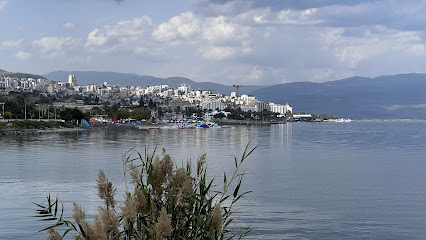
Unmissable attractions to see
Yardenit
Explore Yardenit, a revered baptismal site on the Jordan River, where spirituality meets nature in a tranquil pilgrimage experience.
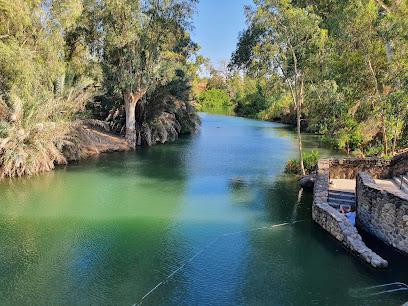
Mount Carmel National Park
Explore the stunning landscapes and rich biodiversity of Mount Carmel National Park in Haifa, Israel—a true haven for nature lovers and adventure seekers.
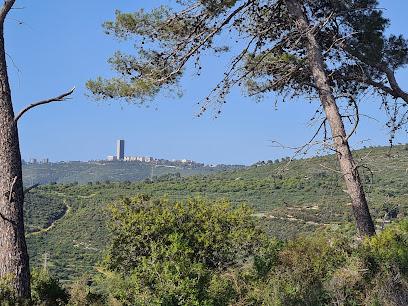
Church of the Annunciation
Discover the awe-inspiring Church of the Annunciation in Nazareth, a pivotal site of Christian heritage and stunning architectural beauty.
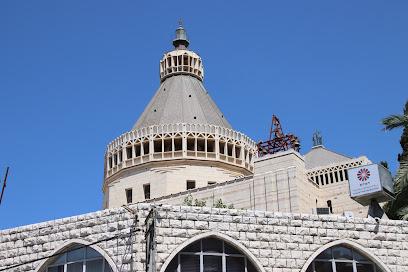
Tomb of Rabbi Meir
Discover the spiritual heart of Tiberias at the Tomb of Rabbi Meir, a serene pilgrimage site steeped in history and tradition.
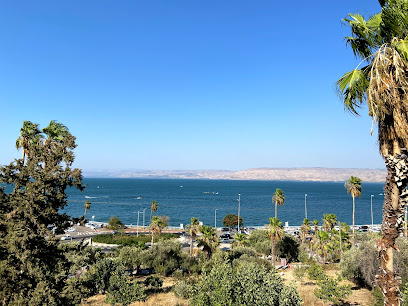
Tomb of Rabbi Meir
Discover the spiritual essence of Tiberias at the Tomb of Rabbi Meir, a revered pilgrimage site surrounded by rich history and breathtaking landscapes.
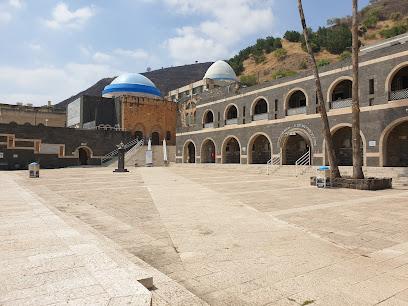
Knights' Halls, Old Akko
Discover the rich history and stunning architecture of the Knights' Halls in Old Akko, a key UNESCO World Heritage site.
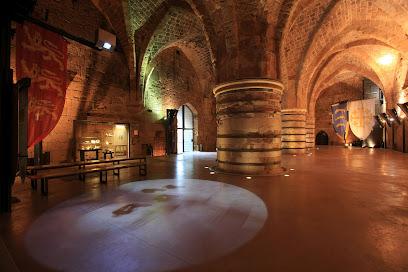
Beit She'an National Park
Explore Beit She'an National Park, a magnificent archaeological site blending history and nature in Israel's scenic landscapes.
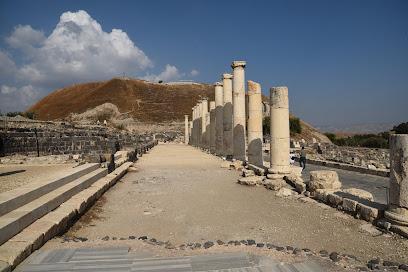
The Church of the Beatitudes
Discover the serene beauty and spiritual significance of The Church of the Beatitudes overlooking the Sea of Galilee.
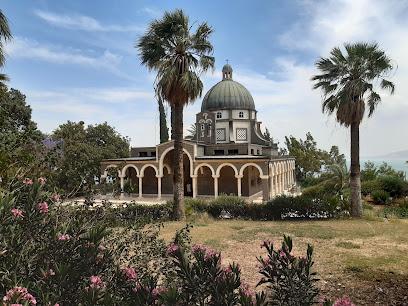
Keshet Cave
Explore the breathtaking Keshet Cave, a natural wonder in Israel, perfect for hiking and immersing in stunning landscapes and rich history.
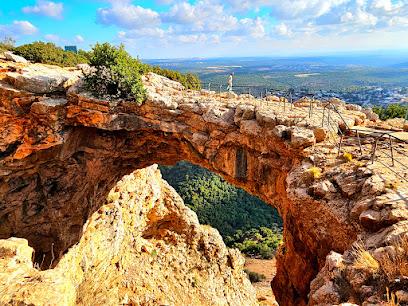
Hamat Tiberias National Park
Experience the tranquility of Hamat Tiberias National Park, where natural beauty, rich history, and rejuvenating thermal springs await you.
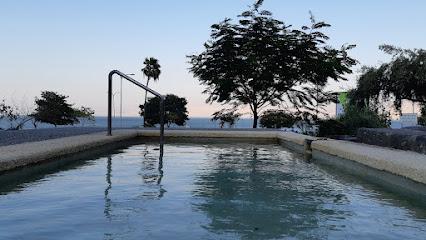
Aqua Kef
Experience endless fun at Aqua Kef, Tiberias' top water park, featuring thrilling slides, relaxing pools, and spectacular views of the Sea of Galilee.
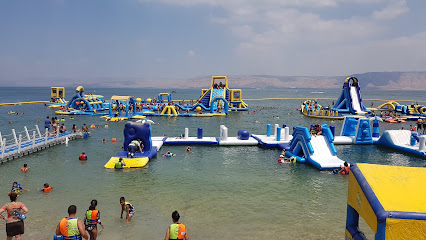
Nahal Snir Nature Preserve
Explore the breathtaking landscapes and serene hiking trails of Nahal Snir Nature Preserve, a nature lover's paradise in Israel.
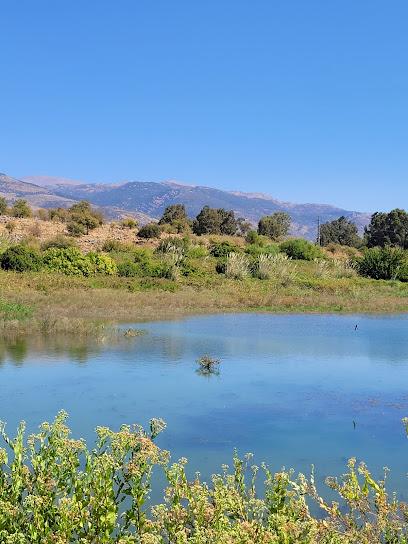
Bet She'arim National Park
Discover the captivating blend of nature and history at Bet She'arim National Park, a must-visit destination near Kiryat Tiv'on.
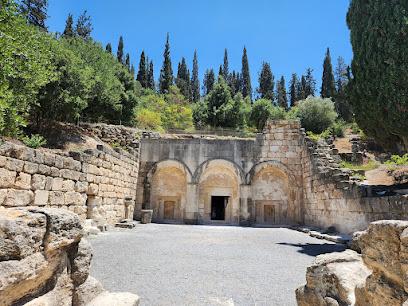
The Tomb Site of the Rambam
Discover the Tomb Site of the Rambam in Tiberias, a revered pilgrimage destination steeped in rich Jewish heritage and spiritual significance.
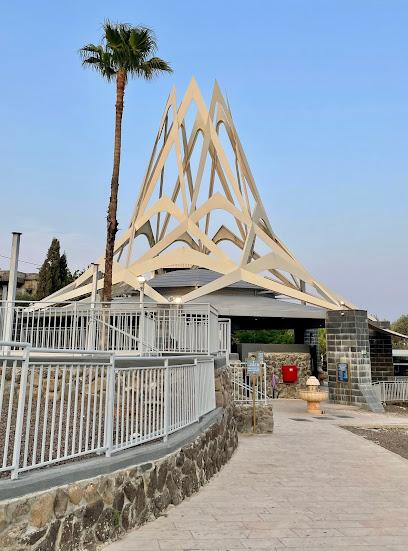
Templar's Tunnel
Discover the ancient secrets of Templar's Tunnel in Acre, a historical landmark that offers a fascinating glimpse into the past of the Knights Templar.
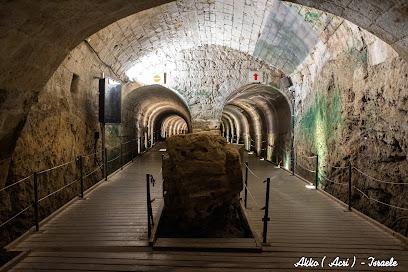
Essential places to dine
Sin Chan
Discover the vibrant flavors of Asia at Sin Chan in Tiberias - your go-to destination for authentic Chinese and Japanese cuisine.
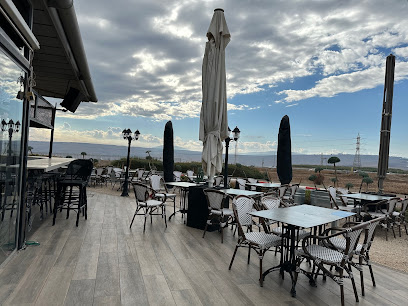
Simha And Sons Grill
Experience authentic Middle Eastern barbecue at Simha And Sons Grill in Tiberias – a flavorful journey awaits every food lover!
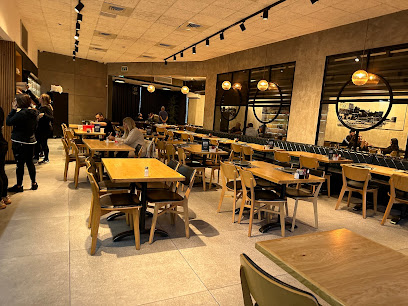
Decks Restaurant
Experience exquisite dining at Decks Restaurant with stunning views of the Sea of Galilee in Tiberias.
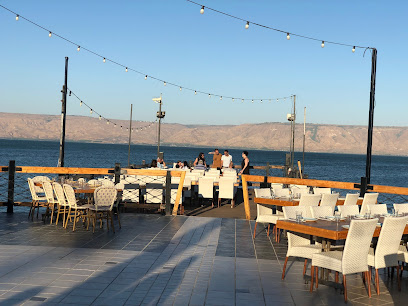
Avi's Restaurant
Discover Avi's Restaurant in Tiberias for authentic kosher cuisine blending Middle Eastern flavors with a modern touch amidst stunning views.
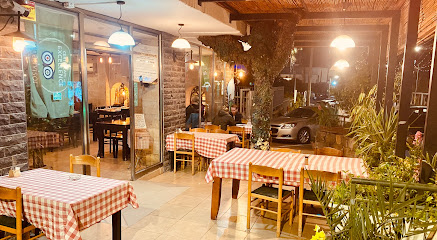
אל ראנצ'ו
Experience mouthwatering steaks at El Rancho in Tiberias—where quality meets flavor in every bite.
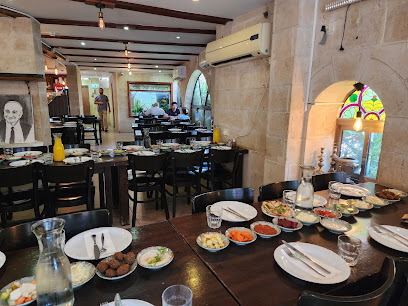
Hermitage restaurant
Discover delightful meat and seafood dishes at Hermitage Restaurant along Tiberias' beautiful Yigal Alon Promenade.
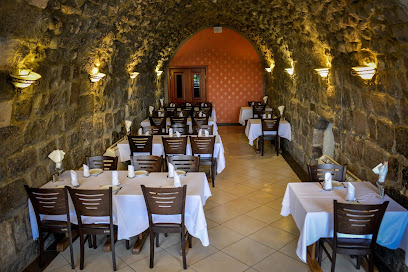
Little Tiberias
Discover exceptional dining at Little Tiberias with diverse cuisine options overlooking stunning views of the Sea of Galilee.
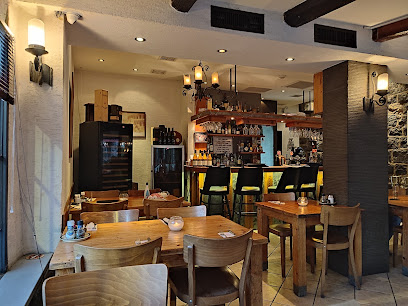
Mama Mia
Experience authentic Italian cuisine at Mama Mia in Tiberias—where every bite is a celebration of flavor and tradition near the stunning Sea of Galilee.
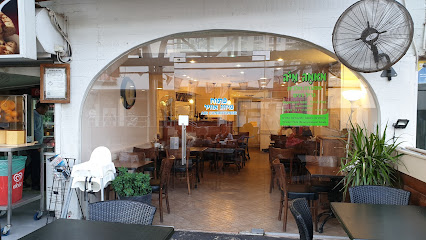
מסעדת גלי גיל
Experience exquisite Israeli cuisine at Gali Gil Restaurant in Tiberias – where flavor meets breathtaking views of the Sea of Galilee.
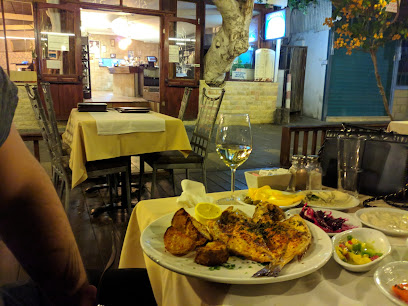
לגונה
Experience exquisite Mediterranean cuisine at Laguna in Tiberias, where stunning views meet delightful flavors.
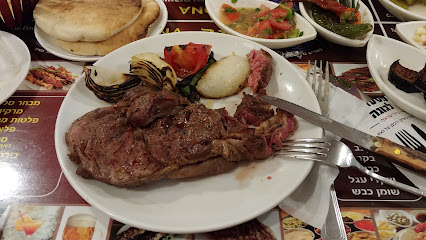
Big Ben Pub - ביג בן
Discover Big Ben Pub in Tiberias: A lively restaurant offering diverse cuisine and drinks amidst the vibrant atmosphere of this historic city.
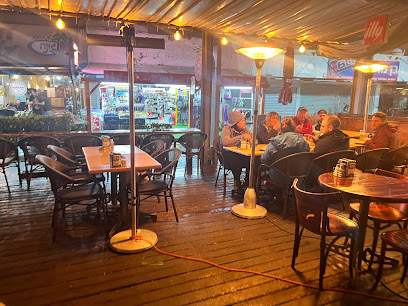
Humus Eliyahu
Experience authentic kosher fast food at Humus Eliyahu in Tiberias – where every dish tells a story!
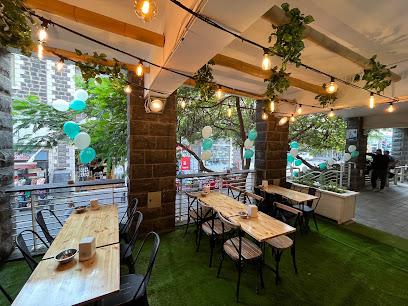
Kuzina restaurant
Discover authentic Israeli cuisine at Kuzina Restaurant in Tiberias, where every dish tells a story and every bite delights your senses.
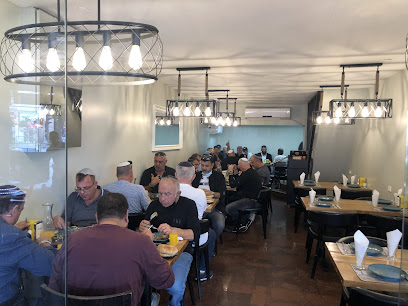
מסעדת סבא חביב
Savor traditional Middle Eastern cuisine at Saba Habib Restaurant in Tiberias – where every meal tells a story.
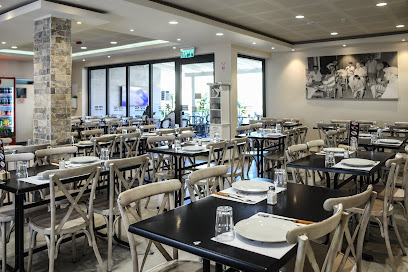
Judah's corner
Discover authentic Middle Eastern flavors at Judah's Corner in Tiberias - a budget-friendly buffet haven for food lovers.
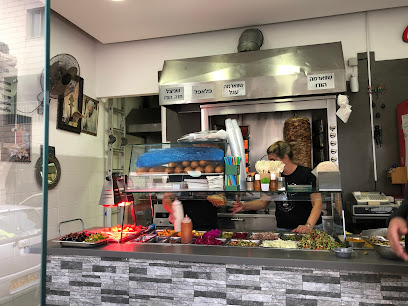
Markets, malls and hidden boutiques
Big Fashion Tiberias
Discover Big Fashion Tiberias, the ultimate shopping destination for fashion lovers and foodies in Tiberias, Israel.
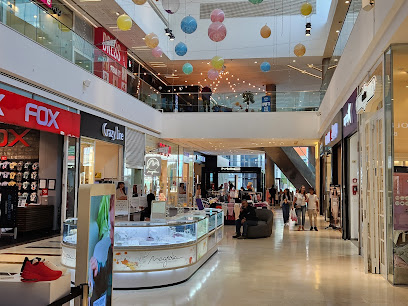
Big Tiberias
Discover the vibrant shopping experience at Big Tiberias, where local culture meets modern retail in a stunning setting.
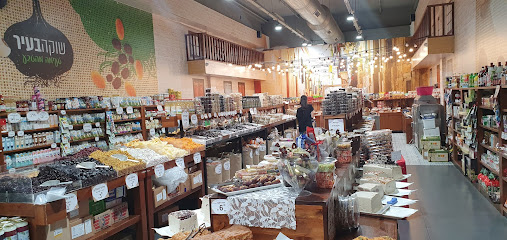
Mini 24 - minimarket around the clock
Explore Tiberias with ease at Mini 24, your 24-hour minimarket for groceries, gifts, and local delights.
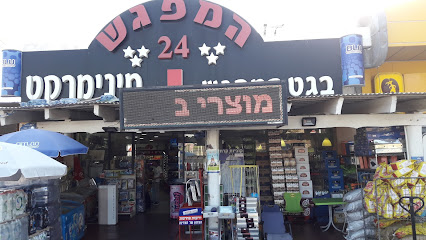
H & O Tiberias
Discover a stylish collection of clothing for the whole family at H & O Tiberias, a fashion gem by the stunning Sea of Galilee.
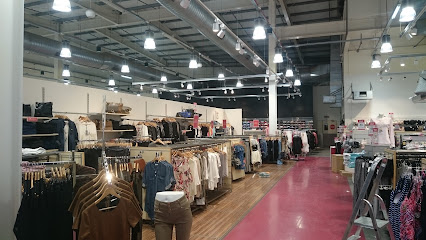
Safari animals Store Tiberias
Experience the joy of animal companionship at the Safari Animals Store in Tiberias, where pets and passion meet.
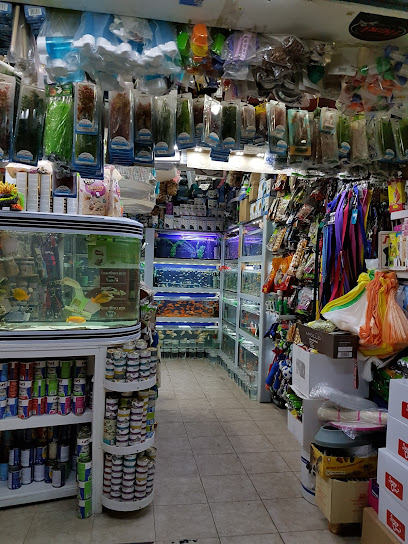
American Eagle Store
Discover stylish clothing for every occasion at the American Eagle Store in Tiberias, offering trendy options for men, women, and children.
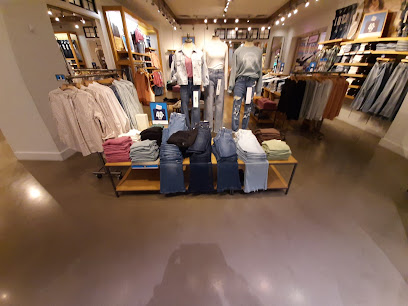
WeShoes - ווישוז
Explore WeShoes in Tiberias for a stylish array of footwear, from trendy sneakers to elegant heels, perfect for every occasion.
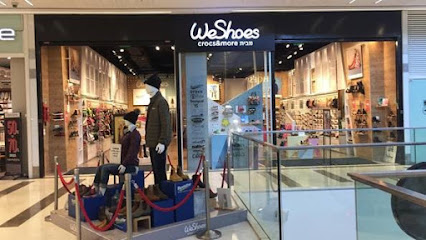
Hoodies
Explore Hoodies in Tiberias for a unique clothing experience with trendy styles and friendly service in the heart of the city.

adidas
Explore the Adidas Store in Tiberias for the latest athletic apparel and gear, perfect for sports lovers and casual shoppers alike.
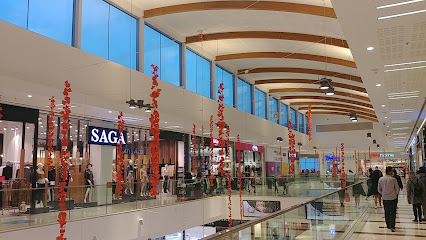
Laline
Explore the luxurious world of Laline in Tiberias, where quality toiletries and self-care products await every traveler.
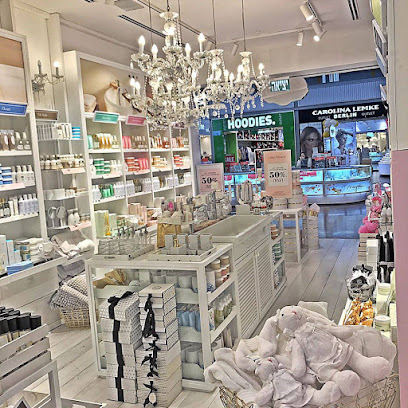
Renuar
Explore Renuar in Tiberias for stylish clothing and a unique shopping experience amidst the beauty of the Sea of Galilee.

עולם המציאות המדומה / חדרי בריחה בטבריה
Experience thrilling adventures and immersive gameplay at the Virtual Reality World and Escape Rooms in Tiberias, a must-visit for tourists seeking excitement.
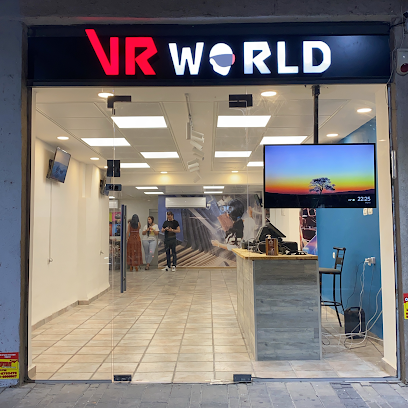
Zip
Explore the vibrant fashion scene at Zip in Tiberias, where trendy clothing meets friendly service in a welcoming atmosphere.
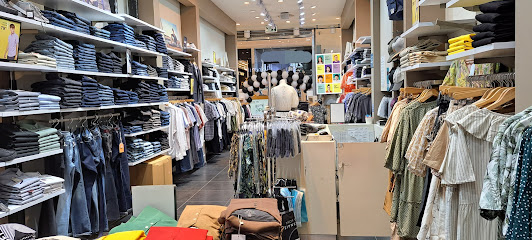
mania - noiz טבריה
Explore contemporary men's fashion at Mania - Noiz, a stylish clothing store in Tiberias offering quality attire for all occasions.
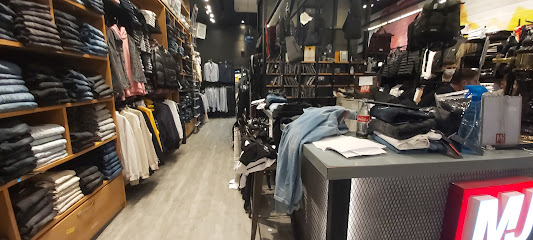
Perfume
Explore unique fragrances at Perfume in Tiberias, where every scent tells a story of culture, tradition, and personal expression.

Essential bars & hidden hideouts
Bora Bora
Experience the perfect blend of dining and nightlife at Bora Bora, Tiberias' premier restaurant and cocktail bar offering stunning views and exquisite flavors.
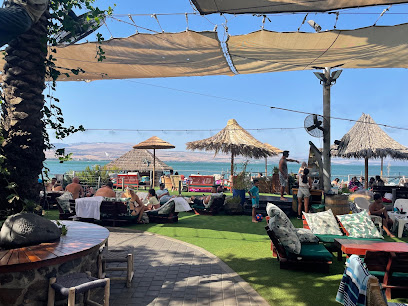
Decks Restaurant
Experience the best of Tiberias dining at Decks Restaurant, where stunning views meet delightful flavors of the Sea of Galilee.
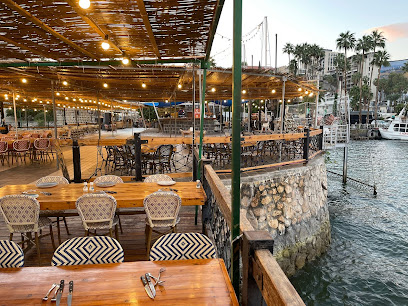
Avi's Restaurant
Experience the best of Middle Eastern and kosher cuisine at Avi's Restaurant in Tiberias, where every meal is a celebration of flavor and tradition.
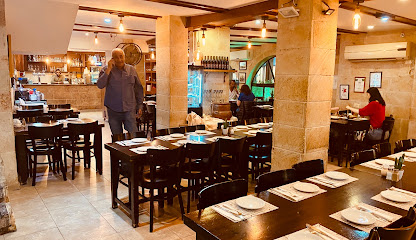
Little Tiberias
Savor exquisite Mediterranean cuisine with breathtaking views of the Sea of Galilee at Little Tiberias, a culinary gem in Tiberias.
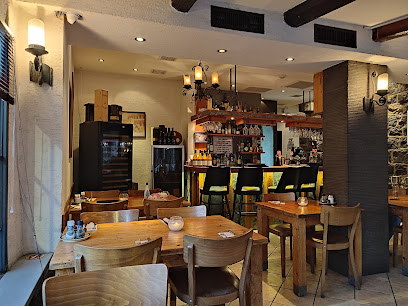
Big Ben Pub - ביג בן
Explore the vibrant atmosphere of Big Ben Pub in Tiberias, where delightful cuisine meets the charm of local culture.
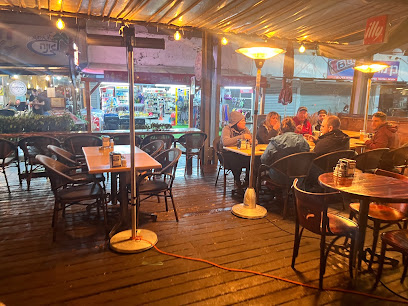
באר מרים מסעדת דגים בשרים
Savor exquisite seafood and succulent meats at Bar Miriam, a culinary gem along the scenic Yigal Alon Promenade in Tiberias, Israel.
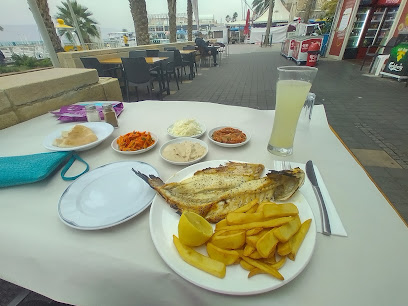
באזל
Discover the lively atmosphere and breathtaking views at Basel, a must-visit bar in Tiberias for an unforgettable nightlife experience.
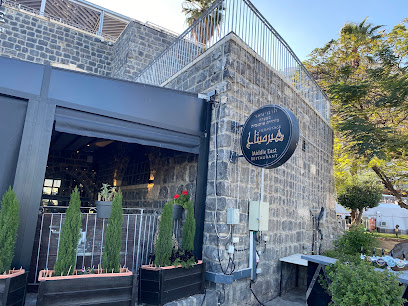
השוק 19
Discover the lively ambiance of Hashuk 19 in Tiberias, where tapas and nightlife blend for an unforgettable experience.
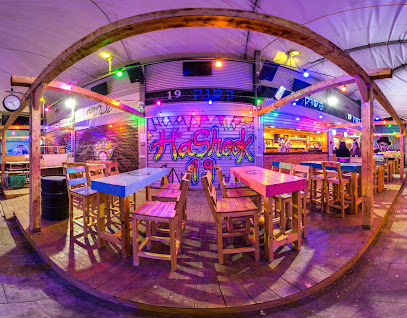
סאלוט בר
Discover the vibrant nightlife of Tiberias at Salute Bar, where delicious drinks and great entertainment await you every night.
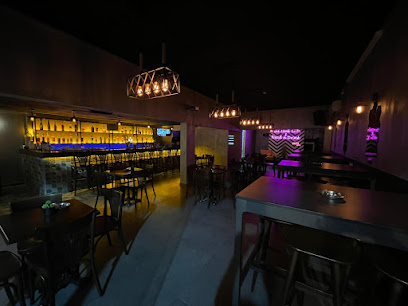
אינטר פול - סנוקר בר
Discover the vibrant atmosphere of Inter Pool - Snooker Bar in Tiberias for fun games, drinks, and local culture.
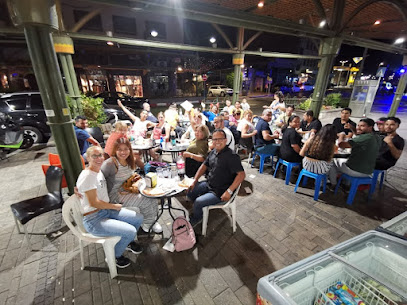
St urban wine bar
Discover the charm of St. Urban Wine Bar, where Tiberias meets exquisite local wines in a cozy atmosphere perfect for relaxation.
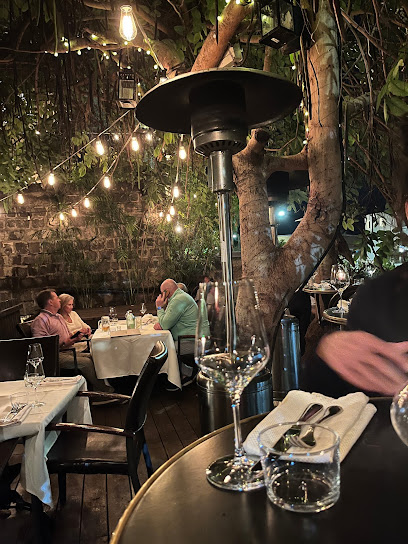
NSB | נודלס סושי בר
Delight in the culinary fusion of noodles and sushi at NSB | נודלס סושי בר in Tiberias, where every dish is a flavorful adventure.

ריבר טבריה rebar
Experience the vibrant atmosphere and unique drinks at Rebar Tiberias, a perfect spot for tourists to unwind in this historic city.
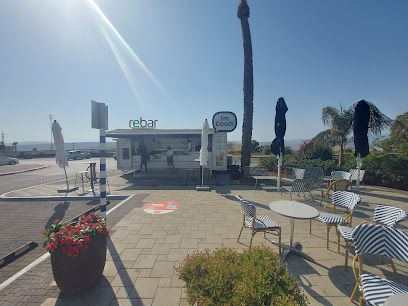
Bora Bora Beach Bar
Experience the vibrant atmosphere and stunning views at Bora Bora Beach Bar, your perfect coastal retreat in Tiberias.
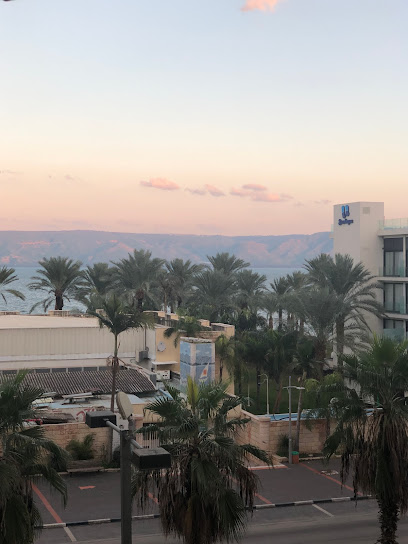
Local Phrases
-
- Helloשָׁלוֹם
[Shalom] - Goodbyeלְהִתְרָאוֹת
[Lehitraot] - Yesכֵּן
[Ken] - Noלֹא
[Lo] - Please/You're welcomeבבקשה
[Bevakasha] - Thank youתודה
[Toda] - Excuse me/Sorryסְלִיחָה
[Slicha] - How are you?איך אתה?
[Eich atah?] - Fine. And you?טוב. ואתה?
[Tov. Ve'ata?] - Do you speak English?האם אתה מדבר אנגלית?
[Ha'aim atah medaber anglit?] - I don't understandאני לא מבין
[Ani lo mevin]
- Helloשָׁלוֹם
-
- I'd like to see the menu, pleaseאני רוצה לראות את התפריט, בבקשה
[Ani rotse lir'ot et hata'arich, bevakasha] - I don't eat meatאני לא אוכל בשר
[Ani lo ochel basar] - Cheers!לחיים!
[Lechayim!] - I would like to pay, pleaseאני רוצה לשלם, בבקשה
[Ani rotse l'shalem, bevakasha]
- I'd like to see the menu, pleaseאני רוצה לראות את התפריט, בבקשה
-
- Help!עזרה!
[Ezra!] - Go away!לך לך!
[Lech lech!] - Call the Police!קרא למשטרה!
[Kra lemishtara!] - Call a doctor!קרא לרופא!
[Kra l'rofe!] - I'm lostאני אבוד
[Ani avud] - I'm illאני חולה
[Ani choleh]
- Help!עזרה!
-
- I'd like to buy...אני רוצה לקנות...
[Ani rotse liknot...] - I'm just lookingאני רק מסתכל
[Ani rak mistakel] - How much is it?כמה עולה זה?
[Kama oleh ze?] - That's too expensiveזה יקר מדי
[Ze yakar m'dai] - Can you lower the price?אתה יכול להוריד את המחיר?
[Atah yachol lehorid et hamachir?]
- I'd like to buy...אני רוצה לקנות...
-
- What time is it?מה השעה?
[Mah hasha'a?] - It's one o'clockהשעה היא אחת
[Hasha'a hi achat] - Half past (10)חצי (עשר)
[Chatzi (eser)] - Morningבוקר
[Boker] - Afternoonאחר הצהריים
[Achar hatzaharayim] - Eveningערב
[Erev] - Yesterdayאתמול
[Etmol] - Todayהיום
[Hayom] - Tomorrowמחר
[Mahar] - 1אחת
[Achat] - 2שתיים
[Shtayim] - 3שלוש
[Shalosh] - 4ארבע
[Arba] - 5חמש
[Chamesh] - 6שש
[Shesh] - 7שבע
[Sheva] - 8שמונה
[Shmone] - 9תשע
[Tsha] - 10עשר
[Eser]
- What time is it?מה השעה?
-
- Where's a/the...?איפה נמצא...
[Eifo nimtza...] - What's the address?מה הכתובת?
[Mah hakatovet?] - Can you show me (on the map)?אתה יכול להראות לי (על המפה)?
[Atah yachol leharot li (al hamapa)?] - When's the next (bus)?מתי האוטובוס הבא?
[Matai haotobus haba?] - A ticket (to ....)כרטיס (ל....)
[Kartis (le....)]
- Where's a/the...?איפה נמצא...
History of Tiberias
-
Tiberias was founded in 20 CE by Herod Antipas, son of Herod the Great, and named in honor of the Roman Emperor Tiberius. The city quickly became the capital of Galilee and a prominent urban center in the region.
-
During the Roman and Byzantine periods, Tiberias flourished as a major political, religious, and cultural hub. The city was known for its hot springs, which were believed to possess therapeutic properties, attracting visitors from far and wide.
-
From the 2nd century CE onwards, Tiberias emerged as a significant center for Jewish learning. The Sanhedrin, the supreme Jewish religious court, moved to Tiberias, and the city became a focal point for the compilation of the Jerusalem Talmud around 400 CE.
-
In 636 CE, Tiberias was conquered by the Arab Rashidun Caliphate, marking the beginning of Islamic rule. The city continued to thrive under various Muslim dynasties, including the Umayyads and Abbasids. During the Crusader period, Tiberias was an important stronghold and experienced significant fortifications and rebuilding.
-
Under Ottoman rule from the 16th century, Tiberias saw a period of revival. Prominent Jewish families, including the Dona Gracia Nasi family, helped re-establish Jewish communities and funded the construction of synagogues and other institutions, fostering a renewed era of prosperity.
-
During the British Mandate period, Tiberias was part of the larger geopolitical shifts in the region. It became a focal point during the 1948 Arab-Israeli War and was incorporated into the newly established State of Israel. Today, Tiberias is a vibrant city that harmonizes its rich historical legacy with modern tourism and cultural activities.
Tiberias Essentials
-
Tiberias is located in the northern region of Israel, along the western shore of the Sea of Galilee. The nearest international airport is Ben Gurion Airport in Tel Aviv, approximately 150 kilometers away. From the airport, you can take a bus, taxi, or rented car to Tiberias. Bus routes from Tel Aviv or Jerusalem to Tiberias are operated by Egged, Israel's largest bus company. The journey typically takes around 2 to 3 hours by bus.
-
In Tiberias, getting around is quite convenient. Local buses and taxis are available, and the city's compact size makes walking a viable option for exploring its main attractions. For those looking to explore the surrounding areas, renting a car is a good option. There are also bike rental services for those who prefer a more eco-friendly mode of transport.
-
The official currency in Israel is the New Israeli Shekel (NIS). Credit and debit cards are widely accepted in hotels, restaurants, and shops in Tiberias. However, it is advisable to carry some cash for small purchases or in places that do not accept cards. ATMs are readily available throughout the city, and many offer the option to withdraw cash in multiple currencies.
-
Tiberias is generally a safe destination for tourists. However, like any travel destination, it is important to take standard precautions. Avoid walking alone at night in poorly lit areas and keep an eye on your belongings in crowded places. There are no specific high-crime areas targeting tourists, but always stay vigilant and aware of your surroundings.
-
In case of emergency, dial 100 for police assistance, 101 for medical emergencies, and 102 for fire services. The local police station and medical facilities, including the Poriya Medical Center, are available in Tiberias. It is recommended to have travel insurance that covers medical emergencies. Pharmacies are also available for over-the-counter medications.
-
Fashion: Do dress modestly, especially when visiting religious sites. Avoid wearing overly revealing clothing. Religion: Do respect local customs and traditions. Always cover your head when entering religious sites. Public Transport: Do be respectful and give up your seat to elderly passengers. Don't eat or drink on public transport. Greetings: Do greet people with a simple 'Shalom' (hello). A handshake is also common among men. Eating & Drinking: Do try local delicacies and accept food offerings graciously. Don’t refuse hospitality, as it is considered impolite.
-
To experience Tiberias like a local, visit the Tiberias Market where you can buy fresh produce and traditional Israeli goods. Engage with locals, as they are often friendly and willing to share stories about the city's history and culture. Don't miss visiting the hot springs for a rejuvenating experience. For a unique experience, take a boat ride on the Sea of Galilee, offering breathtaking views and a sense of tranquility.
Trending Landmark in Tiberias
-
Tomb of Rabbi Meir
-
Caesar Premier Tiberias
-
The Church of the Beatitudes
-
Hamat Tiberias National Park
-
Aqua Kef
-
The Tomb Site of the Rambam
-
Leonardo Plaza Hotel Tiberias
-
Gai Beach Water Park
-
King Solomon Tiberias Hotel - מלון המלך שלמה טבריה
-
Domus Galilaeae
-
Kursi National Park
-
The Galilee Boat
-
Hotel Casa Dona Gracia
-
Berko Archeological Park
-
Tiberias Hot Springs
Nearby Cities to Tiberias
-
Things To Do in Safed
-
Things To Do in Umm Qais
-
Things To Do in Nazareth
-
Things To Do in Beit She'an
-
Things To Do in Irbid
-
Things To Do in Akko
-
Things To Do in Acre
-
Things To Do in Nahariya
-
Things To Do in Haifa
-
Things To Do in Rosh HaNikra
-
Things To Do in Zikhron Ya'akov
-
Things To Do in Tyre
-
Things To Do in Marjayoun
-
Things To Do in Caesarea
-
Things To Do in Jerash











